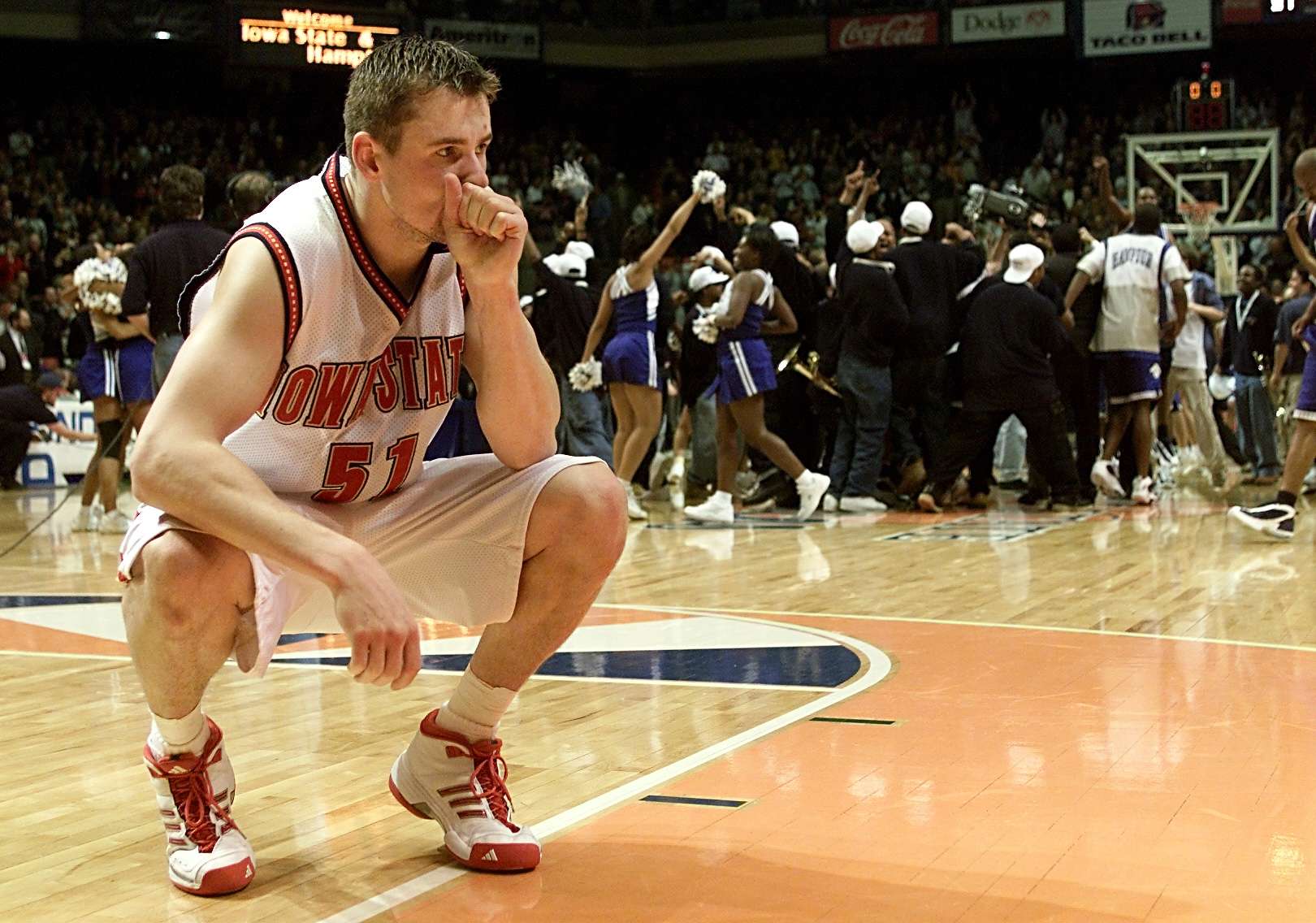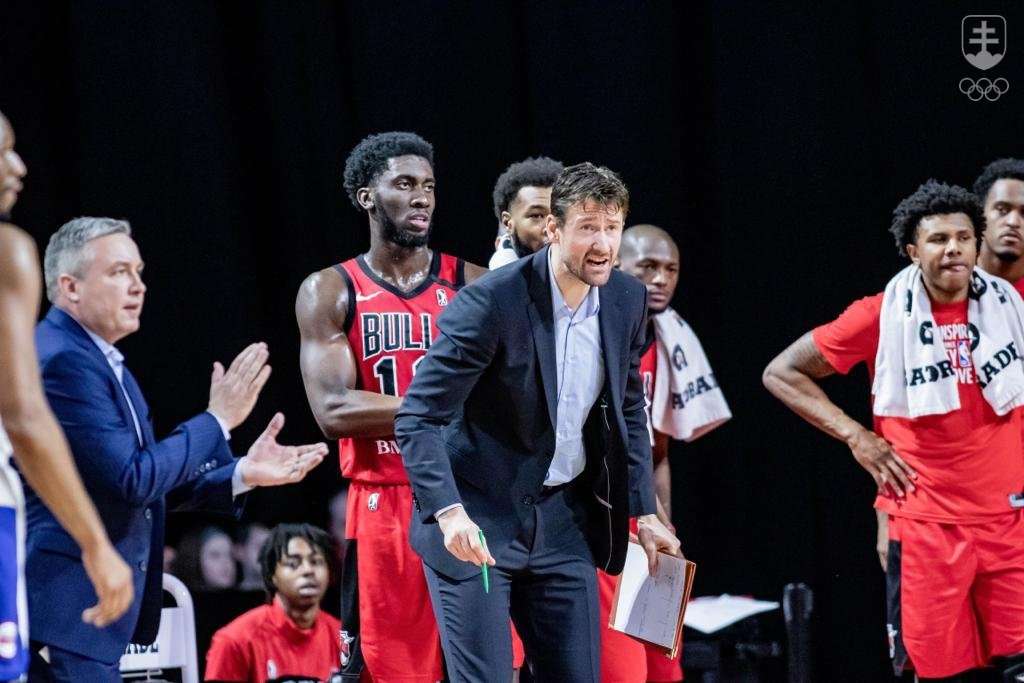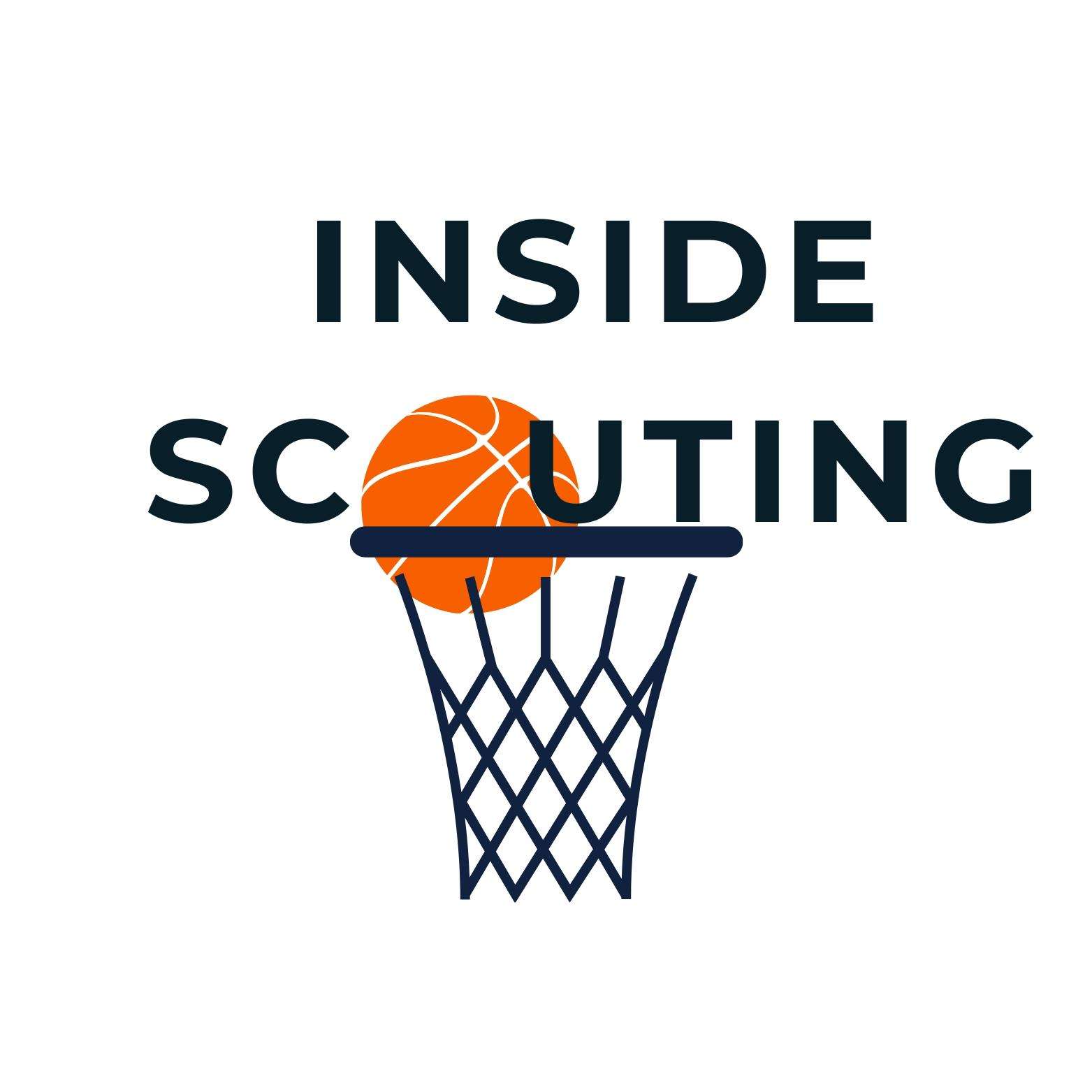INTERVIEWING:
MARTIN RANCIK
- Orazio Cauchi
- Interviews
- 8 June 2024
At Inside Scouting, we try to give a service that is as comprehensive and informative as possible for our subscribers. So, in addition to our scouting services for subscribers, there will also be access to a range of content as extras. One of these extras is a series of interviews that we have decided to do with some of the people in the basketball world.
The first person we talked to is Martin Rancik. A former professional player and now an assistant coach for the Chicago Bulls, Rancik is the perfect example of the marriage of NCAA and international basketball. Born and raised in Slovakia, Martin had the opportunity to do his last two years of high school in the United States and then enter the world of college basketball playing at Iowa State for four years before returning to Europe to begin his professional career. During his pro career, Rancik has worn such important jerseys as Olimpia Milano, Fortitudo Bologna, Olympiacos, and Baskonia, just to name a few. With Fortitudo Bologna, he won the Italian championship in 2005, the first in history to be awarded by instant replay after the incredible basket at the end of the period by Ruben Douglas, a player who sadly passed away a few weeks ago.
We spoke with Rancik about his experience in the NCAA, how college basketball is changing due to the introduction of NIL deals, the main differences between the college basketball world and the professional world, and much more. Here is the result of our conversation.

Q: “Back in the days it wasn’t so common for European/International prospects to play in NCAA, what was the biggest adjustment that you had to make once you got to Iowa State? How many difficulties did you have especially at the beginning of your experience there?” Rancik: “Well, I was a high-level recruit, so although there were definitely adjustments to make in terms of speed and physicality, I feel like I adapted pretty quickly to NCAA basketball because of the player that I was. You know, I was very athletic and Iowa State is part of the Big 12 conference, which is very physical. But I believe that the most important thing is that Coach Floyd really trusted me. I remember my freshman year, we played against Kansas, which were ranked top-5 that season. We played at their home court, which has an insane atmosphere, and coach Floyd decided to put me in the starting lineup and he asked me to take care of Paul Pierce on defense. That was Paul Pierce’s final year in college, he would have entered the draft after that season. Funny story: two minutes into the game, coach Floyd calls me back to the bench and Paul Pierce already has 9 points. So, that was my first experience in Kansas playing against Paul Pierce. There were definitely ups and downs but ultimately the years went on and I got better. Still to this day, my junior and senior years were the most successful teams in Iowa State history, we accomplished some great things. It was a tremendous experience.”
Q: “When you made your transition from the NCAA to the professional world, what was the biggest difference in the game that you noticed? You started your pro career in Italy, how much of a difference it was compared to the NCAA experience?” Rancik: “For sure the game becomes a little bit more physical and the tactical part is definitely a huge adjustment, European basketball is incredibly tactical. When I joined Olimpia Milan back in 2001, the Italian league was the best league in Europe. You had really strong teams like Benetton Treviso, Kinder Bologna, Lottomatica Roma, and Scavolini Pesaro, those were some really strong teams, with super experience and several Euroleague-level players. I mean, I remember playing Benetton Treviso my first season in Italy and they had an amazing team: Bostjan Nachbar, Tyus Edney, Jorge Garbajosa, Denis Marconato. That was an incredible team and they had Mike D’Antoni as head coach. So seeing all these amazing players out there, I knew I had to become a better, not only from a technical standpoint, not only improving my skills on the court but also by becoming a better professional. The way you take care of your body, the way you rehab, getting more sleep, you know these things are really important, especially when you play such a long season like in Europe. The length of the season is something that the rookies always need to get used to because it’s really long. I remember with Repesa in Bologna we’d start the pre-season the first week of August and then we finished the season with the league finals in the last week of June, so the season is super long and you need to be able to stay there mentally all the time.”
Q: “You already shared with us some aspects of the professional world but I was wondering if you’d have some specific suggestions to give to a player who’d like to make an experience playing in Europe after their NCAA career, what kind of advice would you give to them?” Rancik: “Well, first of all, they need to be aware of the cultural difference. Especially for the guys coming over from the US, it can be a bit of a shock at first. So my main suggestion is ‘be open-minded’, you’re gonna meet a different way of communication, a different way of coaching, different way of interacting with people, so be open-minded about it. Because, in my opinion, when you make that transition from the NCAA to the professional experience, the basketball part it’ll take care of itself, most of the time the real issues come from all the other aspects that are not strictly basketball-related if you know what I mean. If you don’t embrace the cultural differences, if you’re not strong enough mentally to face such a long season, those are the elements that will get you in trouble. Coaches are much more strict in Europe and they don’t have problems in coaching you really hard, getting under your skin, so be open-minded as much as you can because that’s the best way to face all these differences.”
Q: “Recently the NCAA has changed quite a bit with the NIL deals and the possibility for schools to pay the players directly. How do you think these changes will impact college basketball moving on and how do you think these changes will leave a mark on the European market too?” Rancik: “Well, this is an interesting question. I don’t follow NCAA that closely but I think it’s a complicated matter. On one hand, I think players deserve to be compensated for the revenue they generate for schools. But at the same time, there’s the risk that it’ll become all about the money for these kids. I believe that nowadays most of these players they don’t want to fight through adversities and challenges, they just want to find the best situation for them. If they find any kind of issue, either with the coach or with the school, they don’t try to fix the situation or fight through it, they just put their names in the transfer portal in order to find a better situation for them. So I don’t know if this kind of attitude is actually good for their development. Because in my experience fighting through challenges and adversities is a huge part of the development for a player. The NCAA, for the way it’s currently set up, I don’t think it’s gonna help the players. Although I do believe that rewarding the players financially is the right thing to do, in the next few years finding the balance between the two aspects that I mentioned is gonna be very important.”

Q: “You’ve been working with the Chicago Bulls organization for a few years now, would you explain to us how that whole process went down? How did they recruit you and how has your role evolved in the last few years?” Rancik: “I always wanted to coach, it’s something that has always interested me. After I finished my career as a player, I went to the US for six weeks, just traveling around and visiting people that I know. So, I went to visit Tim Floyd, my former head coach at Iowa State. Gar Forman, who was an assistant coach for Tim Floyd when I was at Iowa, was the GM of the Chicago Bulls at the time. Gar and I stayed in touch over the course of the years, he worked as a scout in Europe for several years, so we stayed in touch. The Bulls were looking for an assistant video coordinator, so I decided to take that opportunity. I did that for a year and then, when Fred Hojberg was fired and Jim Boylan became the head coach, he gave me the opportunity to become part of the coaching staff of the G League team of the Bulls. I coached there for nearly three years, then, two years ago, coach Billy Donovan decided to take me over with the Bulls and he made me part of his coaching staff. So now I’m heading into my third year working for coach Donovan.”
Q: “In your role as a player development coach, what elements do you look at the most when you work with a player? How do you try to connect with them and push them to become better overall?” Rancik: “I believe there are two things with player development: there’s always the idea that the player has, the areas he needs to improve to become better as an individual player, and then you have the skills that he needs to develop in order to function properly inside the system that he plays for. The way I look at development, there are always two seasons: you have the work during the season, when the player is with the team and you have to help him figure out the things that he needs to do to help the team and get minutes, and then there’s the offseason in which you try to help the player to grow and to evolve into the player he believes he can become sometime in the future, right? So during the season, you help the player to get the most out of his role within a team, while during the offseason you focus more on his individual skills, whether it’s shooting motion, passing, or other stuff. It’s such an individual process that you always need to consider so many different aspects.”
Q: “During your days as a professional player, you played in countries like Italy, Spain, and Greece. Based on your experience, do you believe that those countries could be a good option for someone who’s getting out of the NCAA and making his first International experience?” Rancik: “Well, for sure those leagues have changed quite a bit compared to when I was playing, a lot of years have passed. But I do believe there are great players and great coaches in those countries. Personally, I’ve always preferred the living situation, even for my family, that was a very important aspect to me. So I’ve always preferred those countries over others like Turkey or Russia, where the situation could have been a little different. In countries like Italy, Spain, and Greece I’ve always felt like I was providing the best living situation possible to my family, being in a safe and secure situation. So overall I believe those countries could be great starting points for players coming over to Europe for the first time.”
